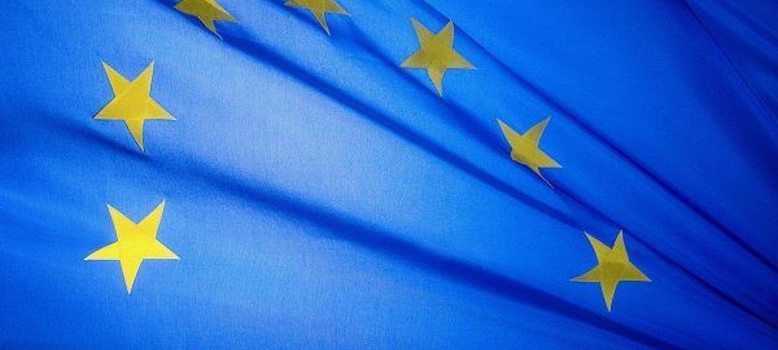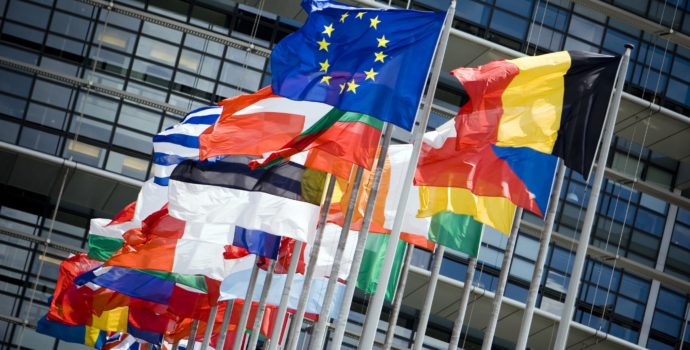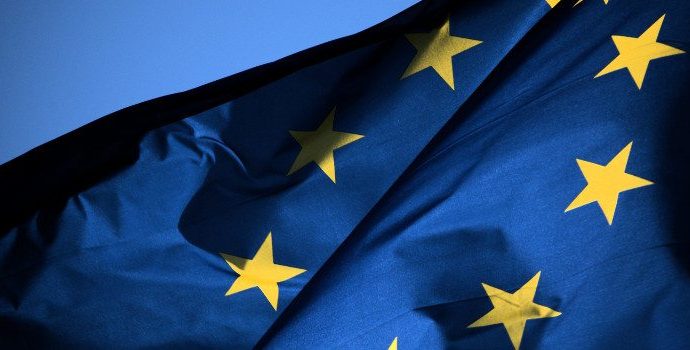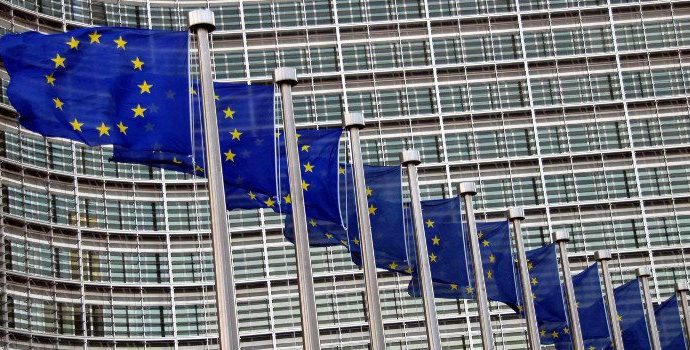European Commission Daily News 26th July

The Commission lays out practical solutions for medicines supply in Northern Ireland in the framework of the Protocol on Ireland / Northern Ireland, and for sanitary and phytosanitary measures
Today, the Commission published a series of ‘non-papers’ in the fields of medicines and sanitary and phytosanitary measures, in the framework of the implementation of the Protocol on Ireland / Northern Ireland. A non-paper specifically on medicines lays out the Commission’s proposed solution to ensure a continued, long-term supply of medicines in Northern Ireland, from or through Great Britain. This non-paper was shared with the UK prior to the package of measures announced by the Commission on 30 June 2021, to address some of the most pressing issues related to the implementation of the Protocol in the interest of all communities in Northern Ireland. Vice-President Maroš Šefčovič said: “These solutions have an unambiguous common denominator – they were brought about with the core purpose of benefitting the people in Northern Ireland. Ultimately, our work is about ensuring that the hard-earned gains of the Good Friday (Belfast) Agreement – peace and stability in Northern Ireland – are protected, while avoiding a hard border on the island of Ireland and maintaining the integrity of the EU Single Market.” The solution on medicines involves the EU changing its own rules, within the framework of the Protocol, so that regulatory compliance functions for medicines supplied to the Northern Ireland market only, may be permanently located in Great Britain, subject to specific conditions ensuring that the medicines concerned are not further distributed in the EU Internal Market. The medicines concerned here are primarily generic and over-the-counter products. The solution demonstrates the Commission’s commitment to the people in Northern Ireland and to the Good Friday (Belfast) Agreement, with a legislative proposal expected in the early autumn in order to be able to finish the legislative process on time. The other non-papers published today relate to a solution identified by the Commission to ease the movement of assistance dogs accompanying persons travelling from Great Britain to Northern Ireland, and a proposal by the Commission to simplify the movements of livestock from Great Britain to Northern Ireland, and to clarify the rules on EU-origin animal products that are moved to Great Britain for storage before being shipped to Northern Ireland. All these papers, outlining the flexibilities offered by the Commission, have been shared with the UK and EU Member States, and are available online
Forest fires in Sardinia: EU mobilized immediate aid to Italy
In response to Italy’s request for assistance through the EU Civil Protection Mechanism to tackle the forest fires in Sardinia, the EU mobilized immediate support made available by France and Greece. The two countries each deploy two forest firefighting planes (Canadair). Janez Lenarčič , Commissioner for Crisis Management, said: “I thank France and Greece for their solidarity with Italy to help put out these devastating fires. The EU Emergency Response Coordination Center remains in close contact with the Italian authorities to monitor developments on the ground and coordinate any further assistance if necessary. “The planes offered by France belong to the European civil protection reserve, while those offered by Greece are part of rescEU’s assets. Forest fires hit the region of Montiferru, in the center-west of the island, following very high temperatures. Initial reports indicate that more than 4,000 hectares have been burned, and 355 people have had to be evacuated. More information in the press release .
State aid: Commission approves €88.8 million budget increase for Danish scheme supporting reduction of greenhouse gas emissions from farming
The European Commission has found that a budget increase of €88.8 million (DKK 660 million), made available through the Recovery and Resilience Facility (RRF) for an existing Danish scheme to reduce greenhouse gas emissions from farming, is in line with EU State aid rules. The increased budget to be funded via the RRF, following the Commission’s positive assessment of the Danish recovery and resilience plan and its adoption by Council, (SA.63890) is allocated to an existing Danish scheme (SA. 58791) already approved by the Commission on 21 May 2021. The measure will be in place until 31 December 2026, and had an initial budget of €238 million (DKK 1.8 billion). The primary objective of this scheme is to contribute to the Danish target to reduce greenhouse gas emissions by 70% by 2030, compared to 1990 levels. The aid will contribute to removing carbon-rich farmland from production and subsequently to transforming the land into nature areas by restoring its natural hydrology through the disconnection of drains and re-wetting of the land. The existing scheme was assessed based on its compliance with EU Guidelines for State aid in the agricultural and forestry sectors and in rural areas, which allow aid to facilitate the development of certain economic activities – in this case the reduction of greenhouse gas emissions from farming. The Commission has now concluded that the additional funding allocated to the existing Danish scheme through the RRF does not change the initial assessment of the scheme, which remains in line with EU State aid rules. All investments and reforms entailing State aid contained in the national recovery plans presented in the context of the RRF must be notified to the Commission for prior approval, unless covered by one of the State aid block-exemption rules, in particular the General Block Exemption Regulation (GBER) and, for the agricultural sector, the Agricultural Block Exemption Regulation (ABER). The Commission will assess such measures as a matter of priority and has provided guidance and support to Member States in the preparatory phases of the national plans, to facilitate the rapid deployment of the RRF. At the same time, the Commission makes sure in its decision that the applicable State aid rules are complied with, in order to preserve the level playing field in the Single Market and ensure that the RRF funds are used in a way that minimises competition distortions and do not crowd out private investment. The non-confidential version of the decision will be made available under the case number SA.63890 in the State aid register on the Commission’s competition website once any confidentiality issues have been resolved.
Read the European Commission Daily News in full here.




